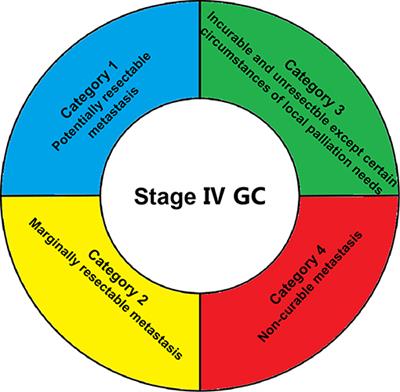EDITORIAL
Published on 09 Nov 2020
Editorial: Emerging Diagnostic and Therapeutic Approaches for Gastric Cancer
doi 10.3389/fonc.2020.554960
- 1,086 views
- 1 citation
32k
Total downloads
116k
Total views and downloads
EDITORIAL
Published on 09 Nov 2020
ORIGINAL RESEARCH
Published on 28 Apr 2020
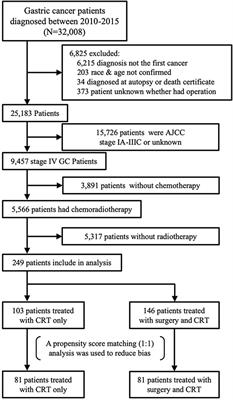
ORIGINAL RESEARCH
Published on 07 Apr 2020

ORIGINAL RESEARCH
Published on 28 Feb 2020
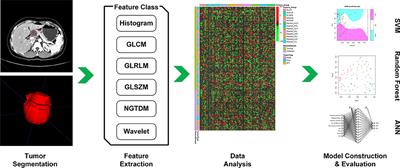
ORIGINAL RESEARCH
Published on 12 Feb 2020
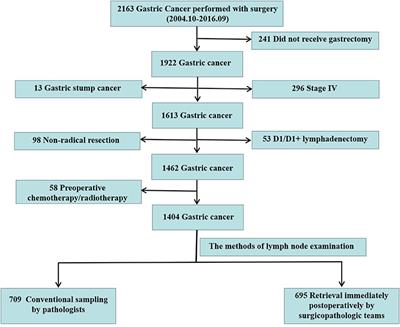
ORIGINAL RESEARCH
Published on 30 Jan 2020
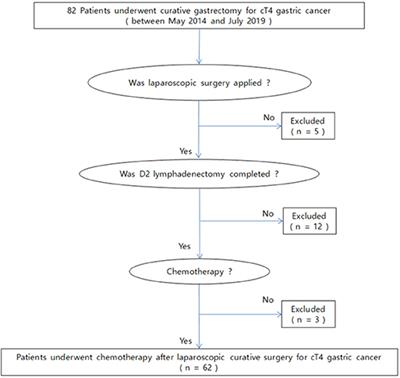
REVIEW
Published on 13 Dec 2019
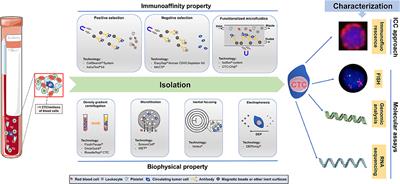
REVIEW
Published on 06 Dec 2019
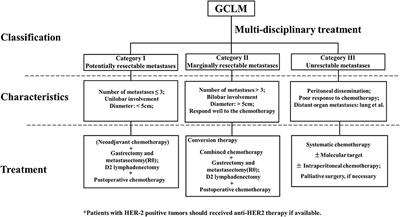
SYSTEMATIC REVIEW
Published on 29 Nov 2019
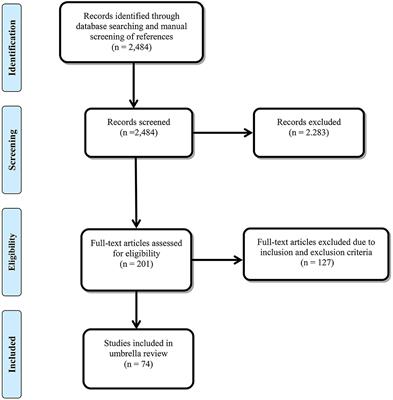
REVIEW
Published on 26 Nov 2019
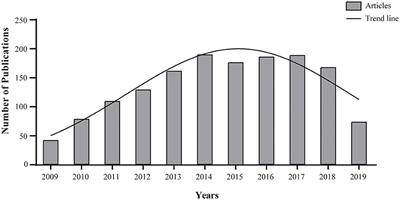
SYSTEMATIC REVIEW
Published on 26 Nov 2019
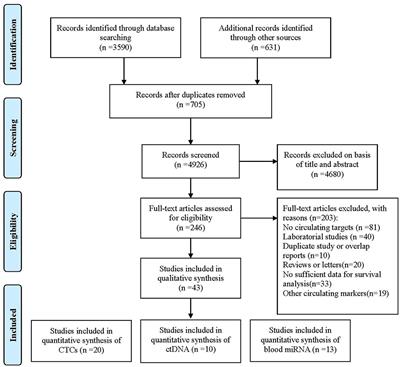
REVIEW
Published on 07 Nov 2019
